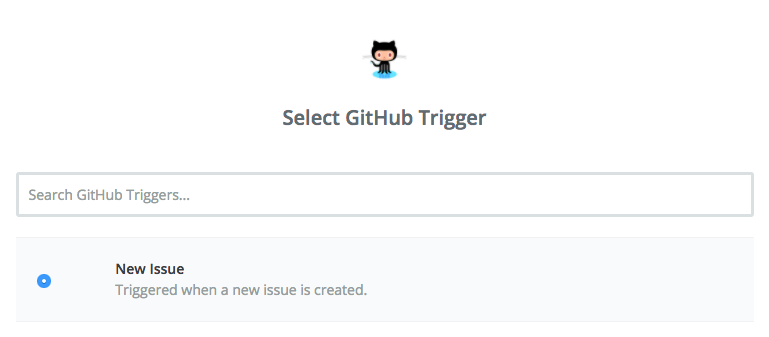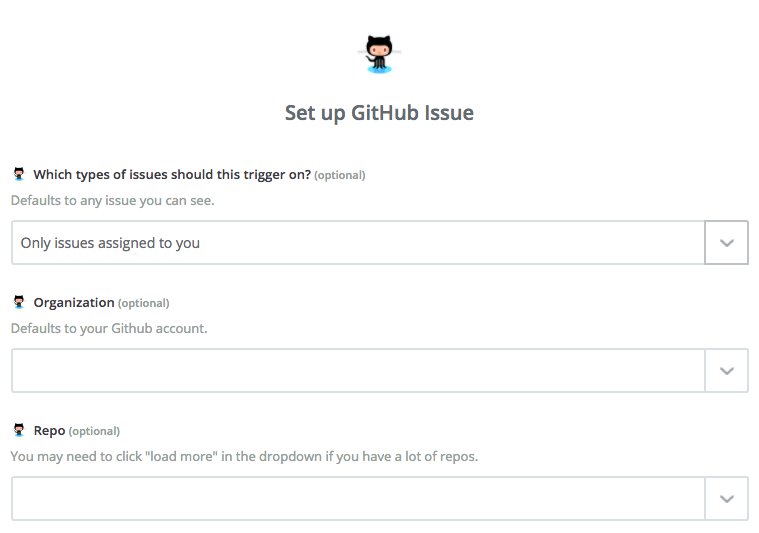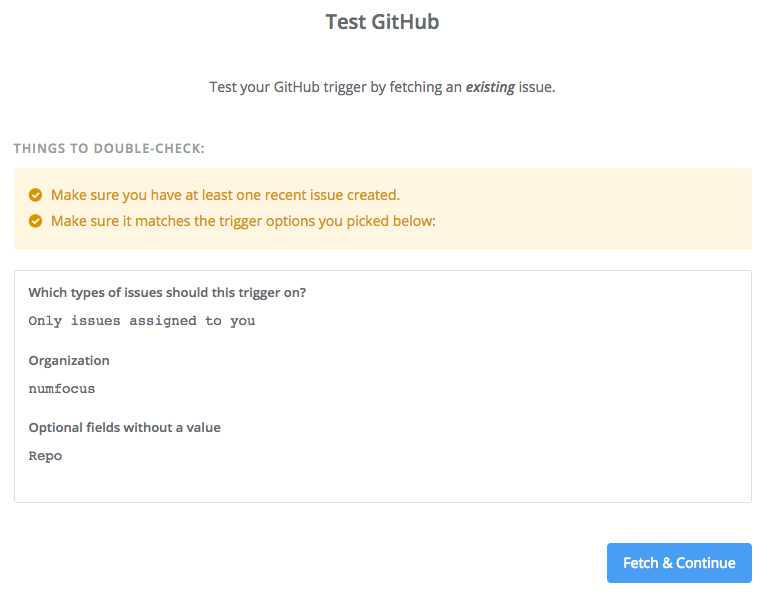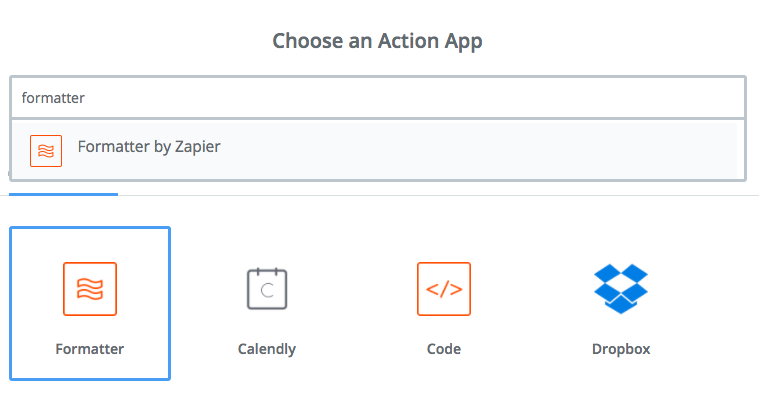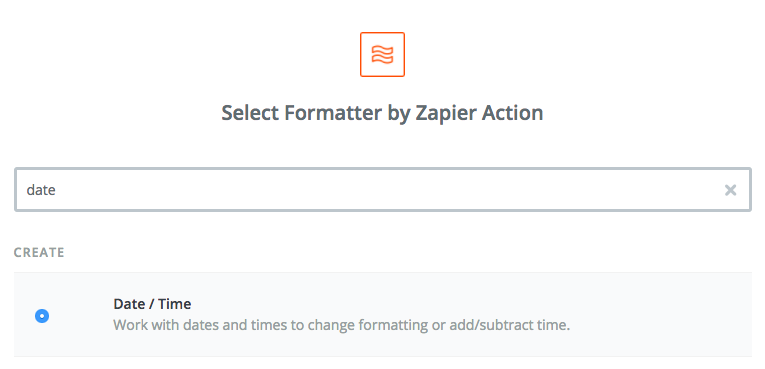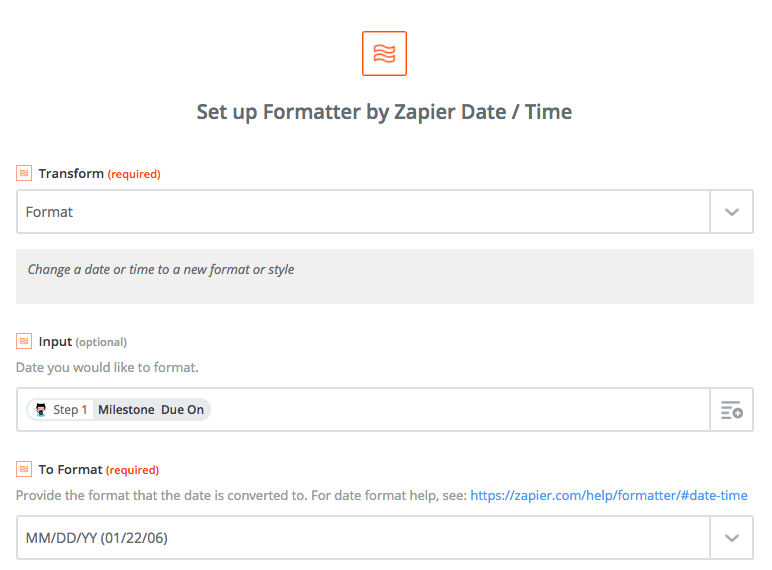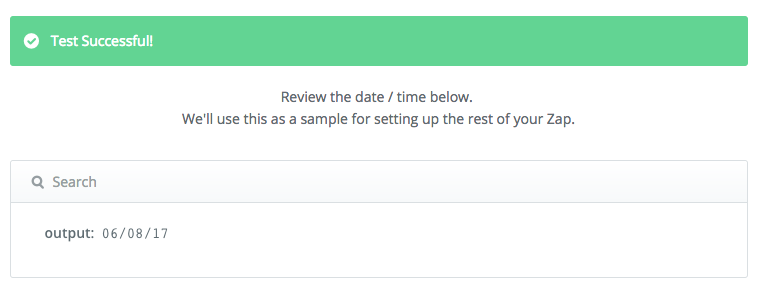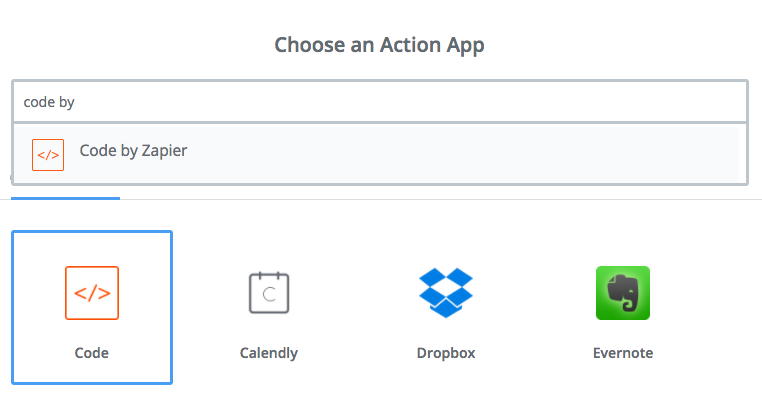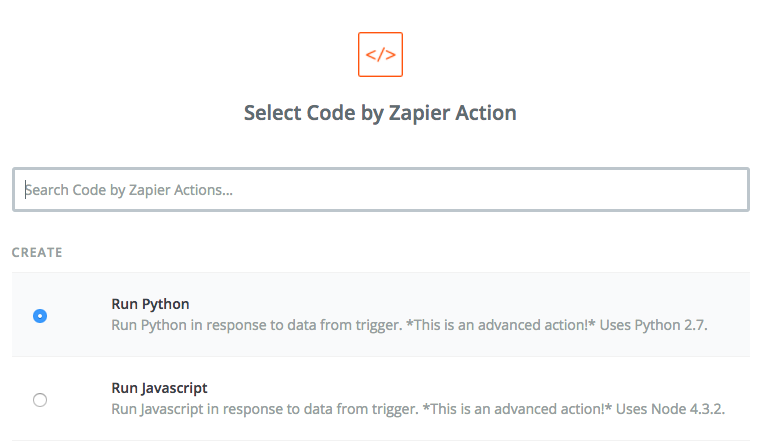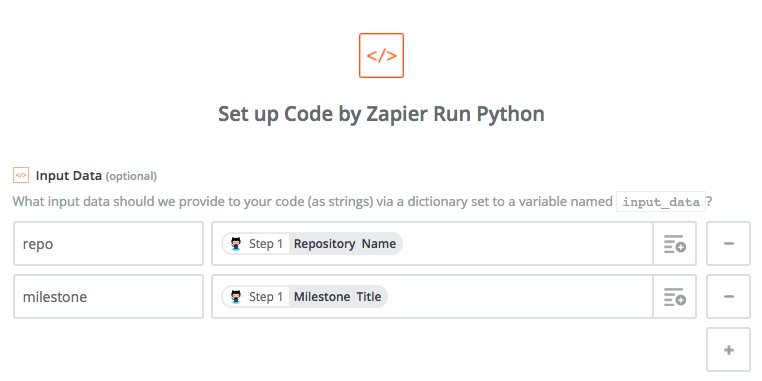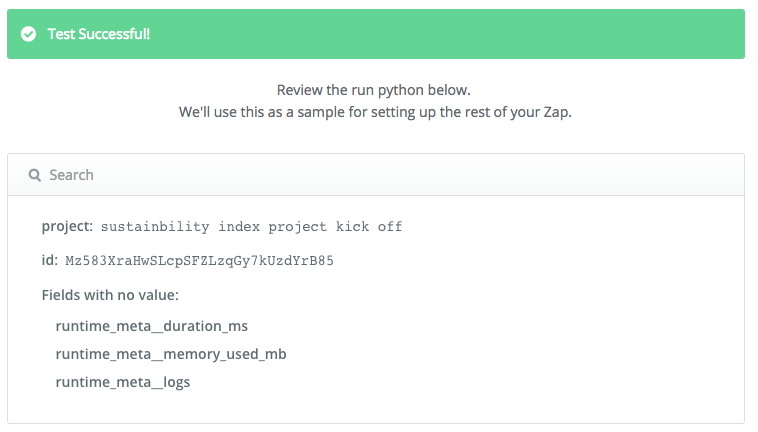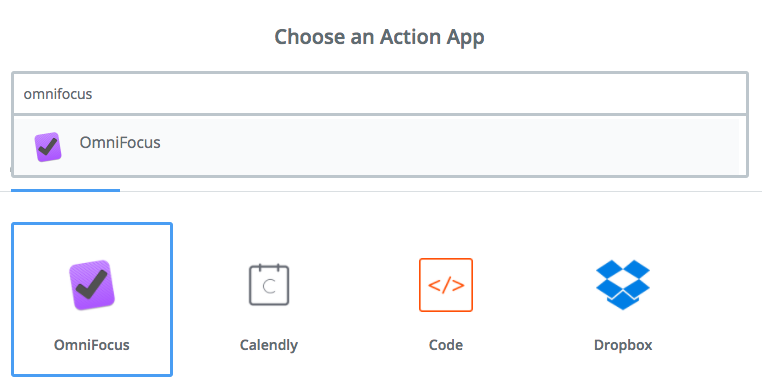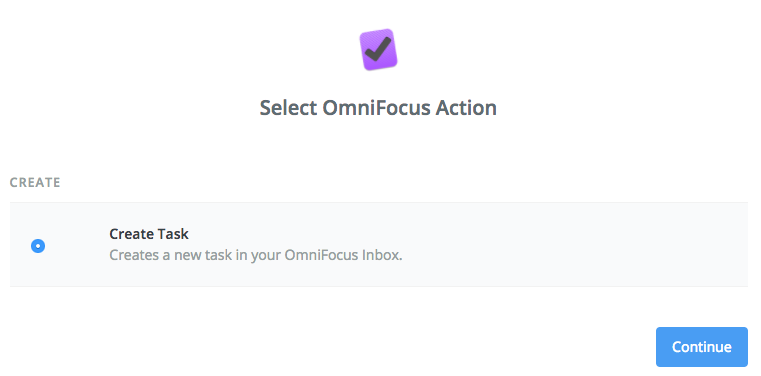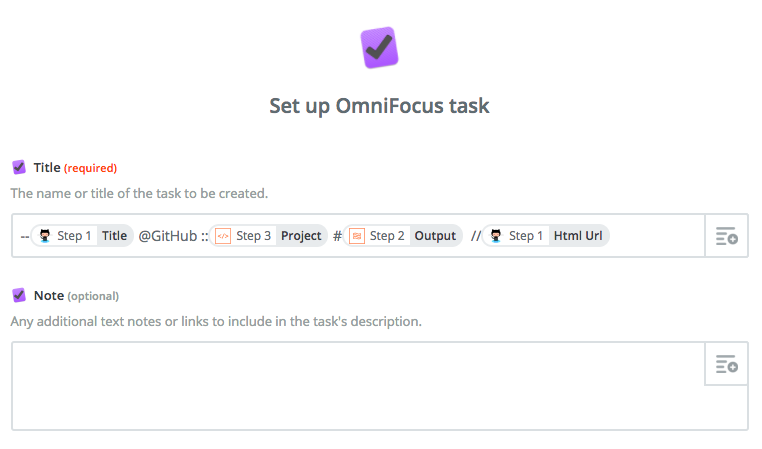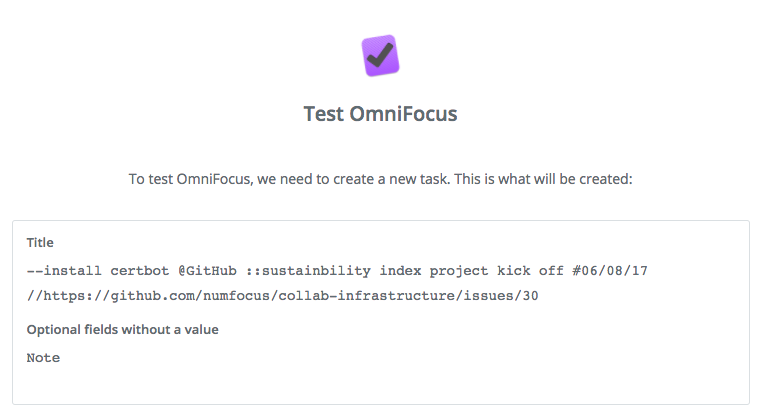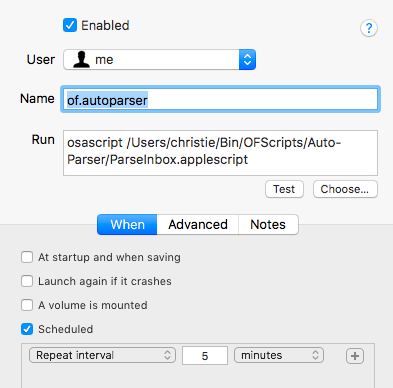Update 17:15 PDT 2017-04-12: The FCOP has been modified since I wrote the analysis below. I do not believe any of the updates resolve any of the concerns I raise below. If you’re curious about which version I analyzed, it was probably commit 9a5fa97. And if you want to see what’s been updated since then (as of today, commit 051d3ed), take a look at the nice diff I made. One of the primary authors of the FCOP is going around asserting I am a liar, so I want to be clear about which version I analyzed and that I maintain the concerns I raise are still valid in the current FCOP.
Update 11:45 PDT 2017-04-14: For an analysis of the “current” FCOP, see this twitter thread.
I have a good amount of experience regarding codes of conduct for open source communities. I am co-author of the Citizen Code of Conduct. I was part of the incident response team for Open Source Bridge and Stumptown Syndicate for several years. I know what’s involved in responding to the code of conduct you adopt for your community.
Part of my experience includes reading a lot of other communities’ codes of conduct and providing feedback on what is likely to work well and what is not likely. Creating governance policies is not easy, and is more difficult so the less experience you have.
Recently the organizers of LambdaConf drafted and adopted a code of conduct, which they call the Fantasyland Institute of Learning Code of Professionalism (FCOP). This code is beyond mediocre. It’s downright dangerous. I do not recommend you adopt it in your community nor that you attend any event using this as its code of conduct.
To demonstrate why, I will give a detailed textual analysis of the FCOP.
STATEMENT OF PURPOSE
The Fantasyland Institute of Learning Code of Professionalism (FCOP) dictates the terms and conditions under which we allow you to participate in the community.
First off, the name “Fantasyland” gives me the creeps. I either think Disney-style amusement park, or the adults-only connotation of “Fantasyland” related to sex toys and porn. Neither of these have much to do with what I think of as professional programming spaces.
Also, “dictates” and “we allow you to participate” indicates a very top-down, hierarchical approach.
The purpose of FCOP is to facilitate inclusiveness and productivity (towards our professional goals) in our community despite operating in a pluralistic society.
Use of the word “despite” presupposes that community and diversity are necessarily at odds with each other. My way of looking things is that conflict in inevitable in any community, and that certain types of conflict arise when you have a very diverse community. Conflict is a normal part of social interaction. It’s how we learn and grow together. Conflict is not the same as abuse, though conflict not appropriately resolved can lead to abuse and abuses certainly create conflict as a way to exercise power and control.
To accomplish this goal, we restrict the community to civil people, and protect such people from discrimination, stereotyping, harassment, judgmental communication, and breaches of privacy.
What is meant by “civil” is defined later on, and I find the definition given a bit bizarre. Before I get to that, I want to examine the text with regard to the dictionary definition of civil. The one that adds the most meaning to this context is: “adequate in courtesy and politeness.”
To me it doesn’t make sense to prohibit people from being discourteous or impolite. To do so is to confuse niceness for kindness and to prioritize manners over genuine interaction. What is considered mannerly behavior is highly contextual and is based on class, culture, ethnicity, age, gender, and more.
Part of being in community is giving space for people to express themselves even if that means doing so angrily or impolitely or in another manner you might find distasteful. Expressing anger is not necessarily the same thing as acting violently.
Moreover, it is entirely possible for a person to act abusively all the while doing so politely. In fact, this is how many serial abusers get away with their behavior for so long.
But, like I said, the FCOP authors aren’t using the dictionary definition, or even really a conventional meaning of “civil.” Here’s how they define it:
Civil. We define civil individuals as individuals who, in our sole estimation, do not and will not engage in the following behaviors during active participation or inactive participation:
Crimes. Any criminal behavior in which there is a victim.
Community Sabotage. Any behavior (excluding non-violent communication) directed at sabotaging the community for political, religious, ideological, or moral reasons.
Professional Sabotage. Any behavior directed at sabotaging a member’s career for political, religious, ideological, or moral reasons; including attempting to no-platform a member or pressuring an employer to fire a member.
So, to FCOP authors, and LambdaConf organizers, being civil and participating meaningfully in community is defined solely by not engaging in criminal behavior for which there is a victim, or any behavior that counts as sabotage of the community or any of its members.
Pretty low bar, don’t you think?
If anything, it tells you what they value most: Not wanting any responsibility for making decisions about handling “criminal behavior” (whatever that means, they don’t specify), and not wanting to have to respond to any negative criticism at all, which they characterize as sabotage.
FCOP is explicitly not intended to impose any system of politics, religion, ideologies, morals, or values onto members.
Perhaps not, but it is certainly doing so implicitly as any standard of community norms and behavior does, whether it is written or not. FCOP authors seem to be trying to impose an apolitical worldview upon their community, which is not possible (because there is no such thing).
We welcome all civil people to participate in the community. We do not allow discrimination, harassment, judgmental communication, or breaches of privacy. We do not exclude any civil people from our community unless they have been banned by us for a violation of these terms and conditions.
Again, the use and emphasis on civility tells me “you can get away with a lot if you sound polite.”
(My former evangelical co-worker who, in one email, tells me how much he respects me but then reiterates that my invalid marriage threatens the very fabric of his and also that I am godless would love this provision.)
But, of course, once you scroll down to the TERMS section you’ll realize that’s not even how FCOP authors mean civility. You’re civil as long as you don’t perpetrate crime upon another or sabotage the community.
Furthermore, this is how FCOP authors define discrimination (from the TERMS section):
Discrimination. We define discrimination as any favoritism shown or withheld to someone either on the basis of a stereotype or a non-community related group membership.
When discrimination is defined without an reference to power dynamics, it is usually a bad sign. I’ve seen this definition used countless times to dismiss or discourage any program or effort designed to get more folks from underrepresented groups involved in tech. Those who cry “reverse racism“ love this definition.
WELCOME STATEMENT
We welcome civil people of all genders, gender-expressions, sexual-orientations, gender-orientations, races, ethnic origins, skin colors, physical handicaps, mental handicaps, ages, sizes, political views, religious views, philosophies, beliefs, and attitudes.
Again with the use of “civil.” Also, I am pretty sure “handicap” is not the preferred term any more.
We pledge that we will not tolerate discrimination, harassment, judgmental communication, or breaches of privacy. We pledge to hold ourselves to these same standards and, in so doing, set a positive example for others to follow.
Most of this sounds okay. But what is “judgmental communication”? Can’t wait to learn what they mean by that! It smells bad to me already.
Saying “we pledge to hold ourselves to these same standards” is a weird way to indicate that these rules also applies to leadership. The whole code of conduct should apply to leadership as well as “regular” community members.
We greatly value integrity and pledge to establish the highest levels of trust in members.
Who is doing the establishing here, leadership or members?
BEHAVIOR
Oh, now we get to the good part. First, they create a distinction between “active” and “inactive” participation. We don’t learn how each of these types of participation is defined until the end of the FCOP in the TERMS section:
Active Participation. We define active participation to include the behavior of members while they are in the boundaries of the community.
Inactive Participation. We define inactive participation to include the behavior of members at all times and under all circumstances.
Ah, so FCOP authors distinguish between “active” and “inactive” participation as a way to clarify scope: within community activities and outside of it.
ACTIVE PARTICIPATION
During active participation, you must behave as described in this section.
Don’t Stereotype. Treat everyone as unique. Do not infer characteristics of a person based on their [perceived] membership in some group or category.
This might sound like a good thing to include in your code of conduct, but is likely to have unintended consequences.
First, not all stereotypes are negative or invalid. If someone introduces themselves as a born-again evangelical Christian, and they don’t explicitly tell me they support marriage equality, there is a very good chance they do not. Second, stereotyping is an important cognitive tool that helps us make sense of the world. It’s not possible to prohibit it because it’s something we all do.
What’s important is how we act on the information an assessed stereotype has given us. And there’s nothing inherently wrong with making initial judgements about others based on stereotype. This is how we survive in the world. Stereotypes become problematic when we do not update our understanding of someone based on new information, when stereotypes are used to perpetuate biases not based in reality, and when they are used to reinforce existing unjust power structures.
Don’t Communicate Judgmentally. You must not communicate the idea that any person, place, thing, idea, or action is superior or inferior to any other. Instead, talk about observations, analyses, models, and your own personal preferences.
I can’t think of any way it would be possible to have meaningful discussion while following this rule. As worded, it is a prohibition against discerning right from wrong, or even good from better, about anything, even in the most relative or contextual ways.
As written, you couldn’t give a technical recommendation in the form of “Given what you just told me about your situation, I think X would be the best solution.” Rather, you would have to phrase it as “In a similar situation, I have observed A solution have B result, and X solution have Y result,” or as “In that situation, my preference is for X solution.”
What is the value is in asking your community members to jump through such linguistics hoops?
Furthermore, stating something as a personal preference doesn’t preclude folks from implying (and thereby communicating) the idea that something is inferior or superior. Saying, “I prefer that society only recognize the marriages of heterosexual couples and that all sexual activity outside of legal marriage be punished” sends a pretty clear message about what you find superior and inferior.
Don’t Harass. Do not interact with anyone who does not consent. For verbal and written interaction you may assume consent for the first interaction, until the recipient communicates otherwise. For physical interaction, close physical proximity, and persistent gaze, you must assume non-consent until the person clearly and unambiguously communicates otherwise.
Harassment is not defined here, but later on under TERMS with this very narrow scope:
Harassment. We define harassment as an attempt to interact with someone who does not consent to the interaction.
Neither statement addresses the issue of repeated, verbal and written communication to which there is no response or the many other forms of harassment which might occur.
Don’t Pry. Do not go out of your way to read, watch, or listen to the private communications of other members (including trying to read their screens or listening to their private conversations). If you do read or overhear a private conversation, do not share it.
This feels weird to me as worded and I wonder why it’s in here. Is the intent here to be respectful or people’s privacy, or is to shield bad actors from scrutiny?
Don’t Obstruct. Do not attempt to disrupt communication between members, the activity of members, or the congregation of members.
I feel the same about this provision as I do “Don’t Pry.” Would intervening when another community members appears distressed be considered obstruction? What about speaking up during a talk if the speaker is presenting inappropriate material?
Assume the Best. Assume the best intention when others communicate with you. If you don’t understand what someone meant, or have questions about it, ask them directly rather than speculating or spreading rumors. If someone appears to be communicating judgmentally (“Coffee is good”), assume they did so only as a shorthand way of speaking, and ask them to clarify what objective metrics and personal predictions and preferences they are implying (“I like coffee”).
Not everyone acts with the “best intention” and operating with those folks like they do can be detrimental. It is your choice how much good or bad intention to assume about another person’s behavior. No one else has the right to dictate that for you. It’s a highly personal decision, based on many factors including your lived experience in the world and possibly your prior history with the person, community, or context in question.
If “assuming good intent” works for you personally, great. But it’s a tactic that doesn’t serve everyone equally. And when you require community members to assume good intent, you take away their personal agency. It is a tool of domination. Don’t do it.
These requirements on behavior apply to members only while they are actively participating in the community.
If it applies to members only, what rules, if any, apply to guests in community spaces?
The standing of members is unaffected by behavior that does not comply with these requirements if this behavior occurs in other communities.
This is one of the most dangerous provisions in the whole code.
It means that anyone with a past or present history of bad conduct in another community is completely exempt from consequences in this community. Did you abuse your position of authority in another community? No problem in this one, you’re welcome to have a position of authority here. Are you a serial harasser and abuser of women elsewhere? No problem here, we welcome you with open arms! Have you been sanctioned by other communities for homophobic, transphobic, racist remarks? We welcome you!
The best predictor of future behavior is past behavior. It is patently absurd to make it a rule that you will ignore any and all information about a person’s past behavior in making decisions about how to include them in your community.
INACTIVE PARTICIPATION
During inactive participation, you must behave as described in this section.
Be Civil. Do not engage in criminal activity, and do not sabotage the community or member’s careers for political, religious, ideological, or moral reasons.
Does that mean it’s okay to sabotage them for other reasons?
It can be dicey to draw lines around criminal activity, especially with regard to non-violent crimes for which people of color, for example, are arrested and punished for at much greater rates than their white counter parts. It also excludes a whole section of our citizenry who have almost no economical opportunities except those that are underground. Or those who break unjust laws for good reasons.
The reference to “sabotage” here reads to me like a prohibition against doing anything that might possibly create negative consequences for the community or one of its members. That’s problematic because: a) it’s not something one has total control over, b) it implies you’re supposed to subjugate your own needs to avoid even the possibility of bringing unwanted attention to the community or one of its members.
Don’t Dox. Do not disseminate any private details about others learned within the community without express permission, including but not limited to real name, address, phone number, or photo identity.
Other codes of conduct define doxing and “posting” or “publishing”, which implies doing so publicly, in a place available to a wide, uninterested audience (“uninterested” here meaning: without a valid interest in the information).
That FCOP authors use “disseminate” implies to me that you’re not to share anything you’ve learned about community members outside of that community, even in a non-public, secure way to an interested audience.
Sharing information about people, in order to increase the safety of the community as a whole, is not the same thing as doxing.
Don’t Shame. You must not negatively communicate about a member’s behavior (which occurred inside the community, or which you learned about while inside the community) with anyone outside the community without express permission of the discussed members, where the discussed members themselves decide what is negative.
Also one of the most dangerous provisions of this code.
It prohibits you from telling anyone outside the community about any “negative” experience you had with another community member without their permission. Someone harasses you? Can’t tell anyone about it unless the person who harassed you says it’s okay.
Moreover, the person who engaged in the behavior defines what is “negative” so you might very well break this rule without meaning to or even knowing you did.
These requirements on behavior apply to members at all times, even when they are not actively participating in the community.
Ah, okay, so what you do outside of the community doesn’t matter as long as you don’t do something that happens to bring negative attention to the community. Got it.
PRIVACY
Private Communication. During active participation, you may take phone calls, direct messages, emails, and other semi-private forms of communication. Although private communication is not bound by FCOP, we expect all communication that can be seen or overheard by other members will comply with the requirements of FCOP.
Why is this even in here? It adds nothing except an onerous requirement than anyone you’re conversing with follow the FCOP if there’s any possibility they can be overheard or seen.
Private Consumption. During active participation, you may consume material on your own personal devices and from your own channels of communication, and this material does not have to conform to FCOP, assuming the material is not easily discernible to others.
Watching porn or reading ESRs blog out in the open in a community space is fine as long as no one knows you’re doing it. Okay. Wait, is porn even actually prohibited by the FCOP?
VIOLATIONS
No Victimless Crime. If you are a victim but you do not feel victimized, you may choose to not report the violation. In this case, we will not treat the incident as a violation.
In other words, we only want to do work if someone makes a stink about it. And we’re very specific about who is allowed to make a stink about it.
Reporting Process. Active participation violations must be reported to us within 15 days by victims, and may not be reported by third-parties. Inactive Participation violations may be reported at any time, and by anyone, even non-_members_.
Two weeks and a day. That’s all you get to rest, recover, and reflect upon anything that happened about which you might want to report. Take longer than that to process? You’re SOL. Get distracted by a work deadline, vacation, or come down with the conference crud? Sorry Charlie, you’re SOL.
I can’t think of any good reason for this provision other than reduce the amount of work for those tasked with responding to reports.
Want to report something you witnessed on behalf of another conference attendee? Nope, not allowed. Even if they’ve asked you for help.
Oh, except “inactive participation” violations can be reported at anytime, by anyone, including non-members.
Unofficial Resolution. For minor offenses and in cases where they prefer doing so, we encourage victims to speak to violators, using the language of non-violent communication (NVC). If you would like to do this with the help of an independent mediator, contact us and we will arrange for one.
This tells me organizers want to do as little work as possible, putting as much of it on those who are subject to transgressions. This is not how you empower those in your community, especially those who are marginalized.
Official Resolution. If you want an official intervention, we will appoint a judge. The judge will speak individually to all parties, including witnesses, before deciding on a course of action, which will involve rejecting the reported violation, or accepting it and imposing a penalty on the violator.
Correct me if I’m wrong, but don’t judges usually determine when a “person, place, thing, idea, or action is superior or inferior to any other”? Isn’t that disallowed by this FCOP?
The writers of the FCOP are so unimaginative and ill-equipped to be leading community, they can envision only two ways to respond to a report: outright rejection of it or a punitive measure. In my several years experience responding to code of conduct issues, the needed response has almost always been somewhere in-between those two extremes.
Penalties. Violators may be warned, asked to apologize, forced into training, counseling or mediation, or ejected and banned from the community, at the sole discretion of the judge.
That being warned, or asked to apologized, is framed as a penalty tells me a lot about how the FCOP writers think about stewarding community. Getting feedback on your behavior along with a request to modify it is not a penalty in and of itself. Nor is it handing out a penalty if you’re the one giving that feedback. It is part of being a social being. We all engage in inappropriate or unskillful behavior at one time or other and get feedback from others about it. Yes, sometimes this hurts and we feel shame, but this isn’t the end of the world. Learn from it and move on to do better next time.
You can’t force community members into training, counseling, or mediation. You can ask that they go as a condition of continued participation in the community, but that’s about it.
It’s not a good idea to have one person solely responsible for addressing code of conduct reports, as this implies.
Social Rehabilitation. No one can be banished for life, only for a determined number of years, not to exceed 5 years. Formerly banned parties can be reintegrated into the community through a rehabilitation process determined by us.
I would generally applaud a nod to rehabilitation, but I at this point I have zero trust in the authors of the FCOP. And including an arbitrary prohibition against lifetime banishment and a maximum of 5 years makes little sense to me. It implies banishment expires after 5 years, regardless of the circumstance.
Confidentiality. Reporting a violation is a confidential process. We will not publish information on any reported incident or the parties involved in the incident. Note that criminal behavior of any kind will not be kept confidential.
Again, I wonder how they determine criminality, at what point they make that decision and what they do with information they don’t consider confidential. This does not inspire trust as worded.
DISPUTES
In the event there is a dispute about the meaning of any term or clause in FCOP, we alone will clarify the intent.
In other words, it doesn’t matter how the community at large interprets what we’ve written in the FCOP. We’re free at anytime to clarify what we actually meant by what we wrote and use that instead.

